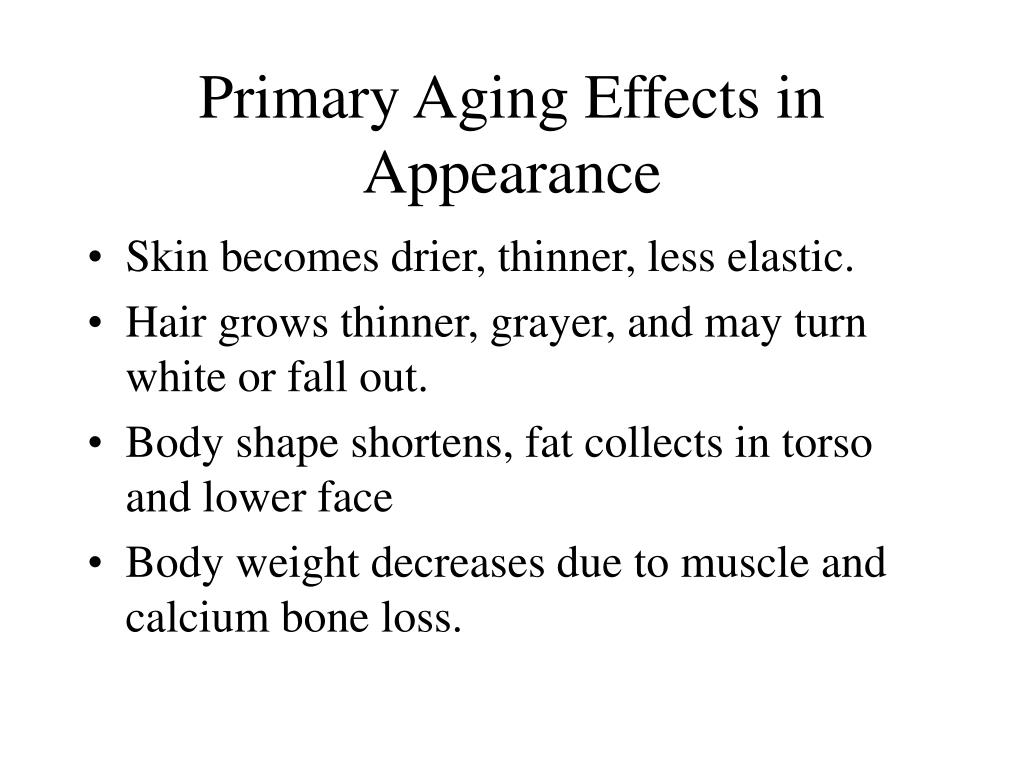

Malnutrition if fluid buildup makes eating uncomfortable or if your stomach doesn't get enough blood flow to digest food properly.Kidney or liver damage including cirrhosis.Breathing problems from fluid in and around your lungs (also called congestive heart failure).What other problems does heart failure cause?įluid buildup and reduced blood flow to your organs can lead to serious problems, including: As the disease gets worse, your symptoms will usually bother you more. Swelling and weight gain from fluid in your ankles, lower legs, or abdomen (belly).Īt first you may have no symptoms or mild symptoms.This may be one of the first symptoms you notice. Feeling short of breath (like you can't get enough air) when you do things like climbing stairs.Fluid may leak from the blood vessels and collect in the tissues of your body, causing swelling ( edema) and other problems. As a result, blood backs up in the vessels that return the blood to your heart. Most symptoms are caused by reduced blood flow to your organs and fluid buildup in your body.įluid buildup happens because the flow of blood through your heart is too slow. The symptoms of heart failure depend on which side of your heart is affected and how serious your condition has become. Factors such as stigma, discrimination, income, education, and geographic region can also affect their risk of heart failure. African Americans are more likely to develop heart failure and have more serious cases at younger ages than people of other races. Cancer treatments that can harm your heart, such as radiation and chemotherapy.Any heart or blood vessel conditions, including high blood pressure.You have other medical conditions that can affect your heart, including:.Eating foods high in fat, cholesterol, and sodium (salt).You have habits that can harm your heart, including:.You have changes in your genes that affect your heart tissue.Your family health history includes relatives who have or have had heart failure.Aging can weaken and stiffen your heart muscle. Your chance of developing heart failure increases if: It happens to both men and women, but men often develop it at a younger age than women. Who is more likely to develop heart failure? Over time, left-sided heart failure can lead to right-sided heart failure. Certain severe lung diseases, such as COPD (chronic obstructive pulmonary disease).Congenital heart defects or other types of heart diseases that you are born with.Arrhythmia (a problem with the rate or rhythm of your heartbeat).But in most cases, heart failure develops slowly from long-term medical conditions.Ĭonditions that can cause heart failure include: Heart failure can start suddenly after a medical condition or injury damages your heart muscle. Left-sided heart failure is more common than right-sided heart failure.


Heart failure can affect one or both sides of your heart: But without enough blood flow, your organs may not work well, which can cause serious problems. Heart failure doesn't mean that your heart has stopped or is about to stop beating. Heart failure means that your heart can't pump enough oxygen-rich blood to meet your body's needs.


 0 kommentar(er)
0 kommentar(er)
